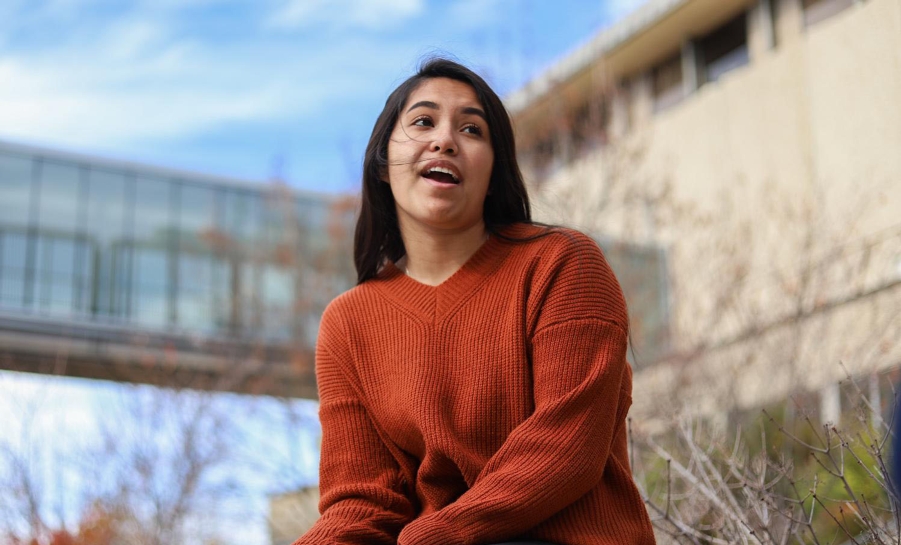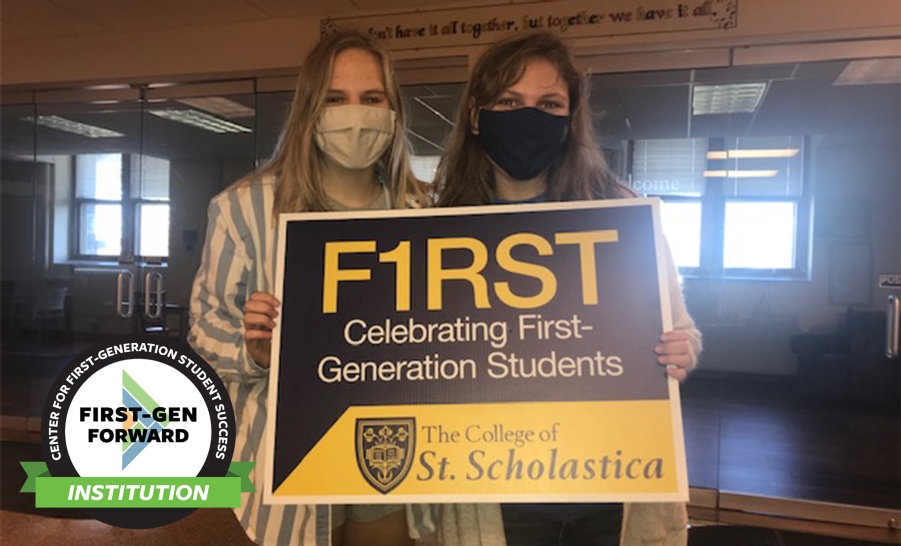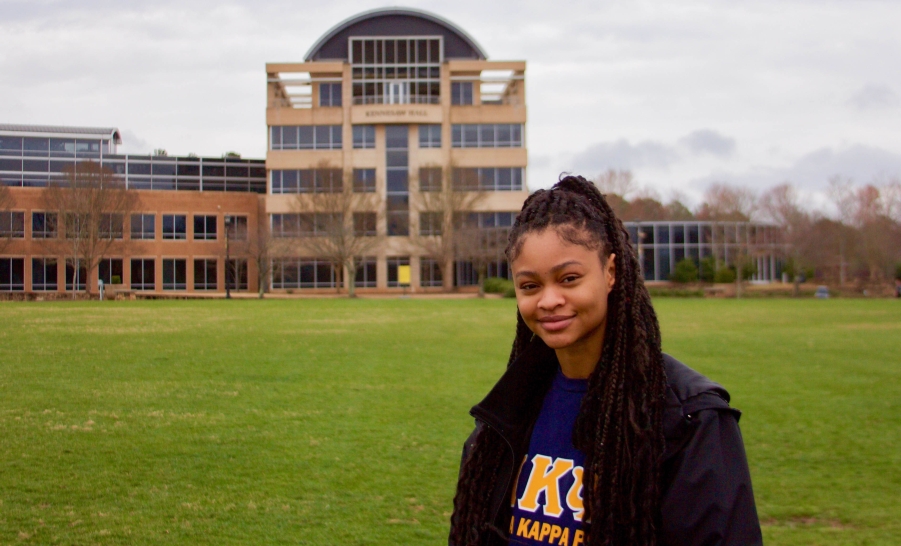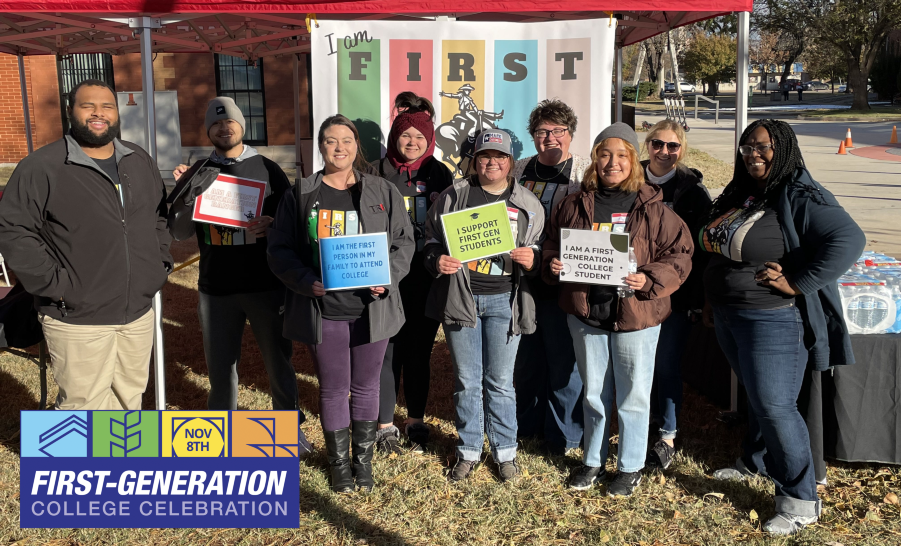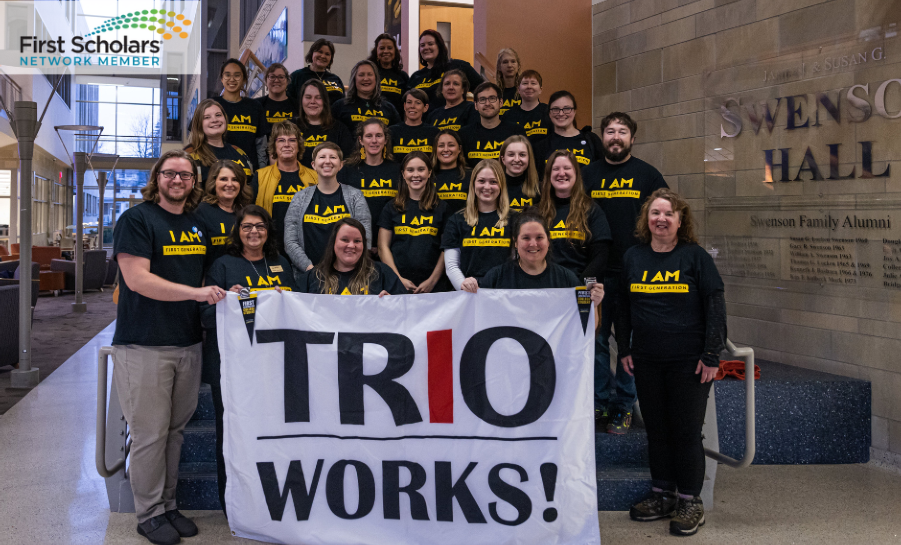Pioneer Ponderings
Terry Bubb, Volunteer State Community College / FirstGen Forward / November 20, 2023
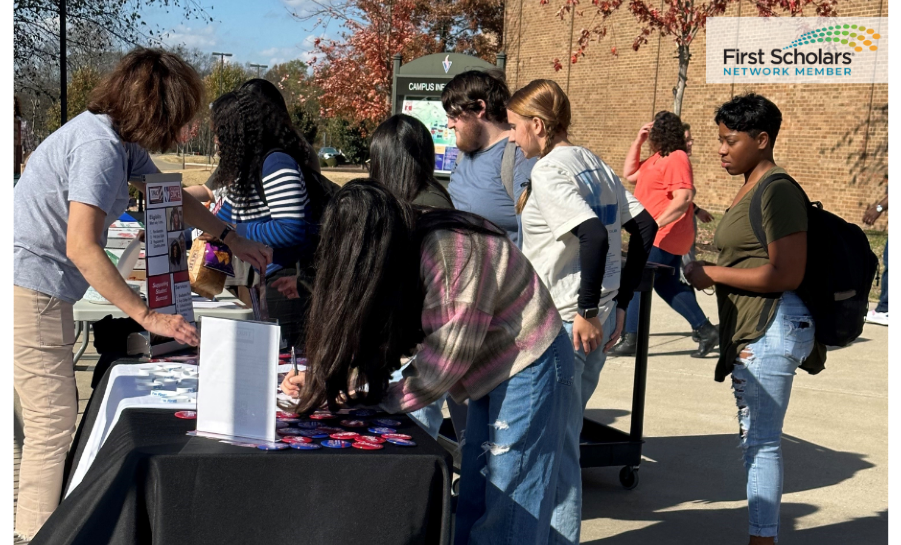
We are so excited as an institution to be part of a Network that will encourage and support our efforts with outreach towards First-generation students. Vol State (Volunteer State Community College) is fortunate to have had TRIO on campus for many years, but only a limited number of students are allowed to receive support in that capacity. We believe that this Network will change the game!
Pam Carey, Manager of Adult Learners and Veteran Affairs, and I were asked to be the point persons related to the First Scholars Network at our institution. We both attended the first meeting today and are very impressed by the ideas shared and are excited by what the future will hold. We as an institution are committed to helping as many students as possible achieve their academic and career goals. Therefore, providing additional support for First-generation students should greatly support our most important objective.
Setting up a Committee for the First Scholars Network
Dr. Walter Tarver, Vol State’s Assistant Vice President for Student Success, has met with Pam and I both formally and informally regarding the establishment of a committee that focuses on our First-Generation student efforts. We decided to set up a committee that has a champion at every campus. We know that having a committee that is too big could inhibit decision making but having representation from every campus is important. Thus, we asked a staff member from every campus to join our First-Generation team along with adding our Coordinator of Student Activities. We could not be more excited about our newly formed First-Generation Committee.
One of the most pressing issues that we continue to discuss is who exactly are our first-generation students? We know the names of those students who have disclosed that information to TRIO, but likely our first-generation student total is in the thousands. Sadly, we do not know who they are because this information is not requested on our admissions application. We understand that a first-generation question is asked on the FAFSA, but that still does not help us fully identify this population. Therefore, identifying our first-generation students is arguably our most important goal this year.
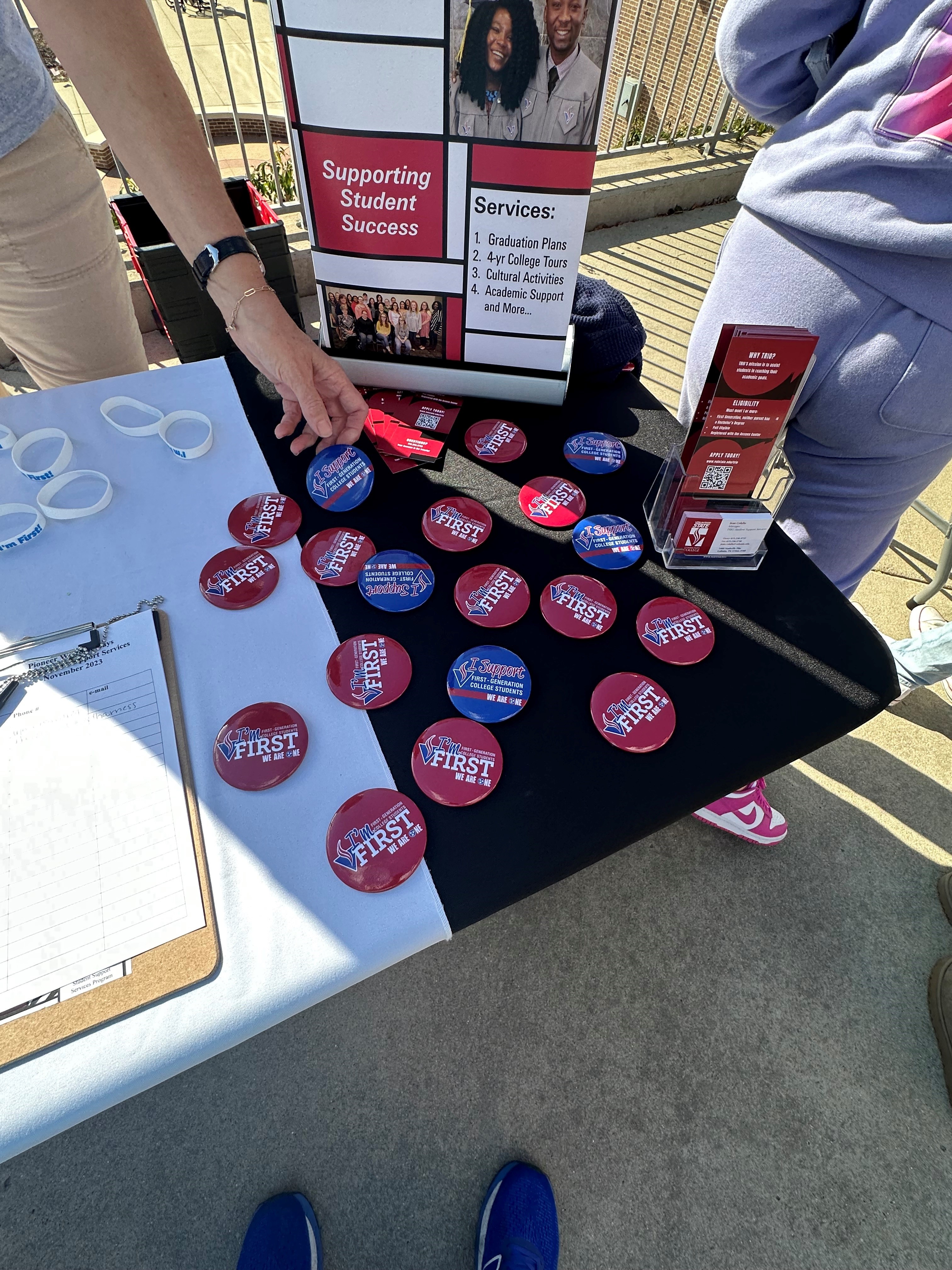 Planning Our First-Generation Celebration Day!
Planning Our First-Generation Celebration Day!

The First-Generation Committee has met formally and informally over the course of the past few weeks to plan Vol State’s November 8 First-Generation Celebration Day. Given that it is our first one, we decided to set up an event on every campus that promotes and celebrates first-generation students in a low-key way. We will have food, decorations, information, and staff on every campus between 1:00 p.m. and 3:00 p.m. on November 8. We are SO excited to celebrate our first-generation students in this way.
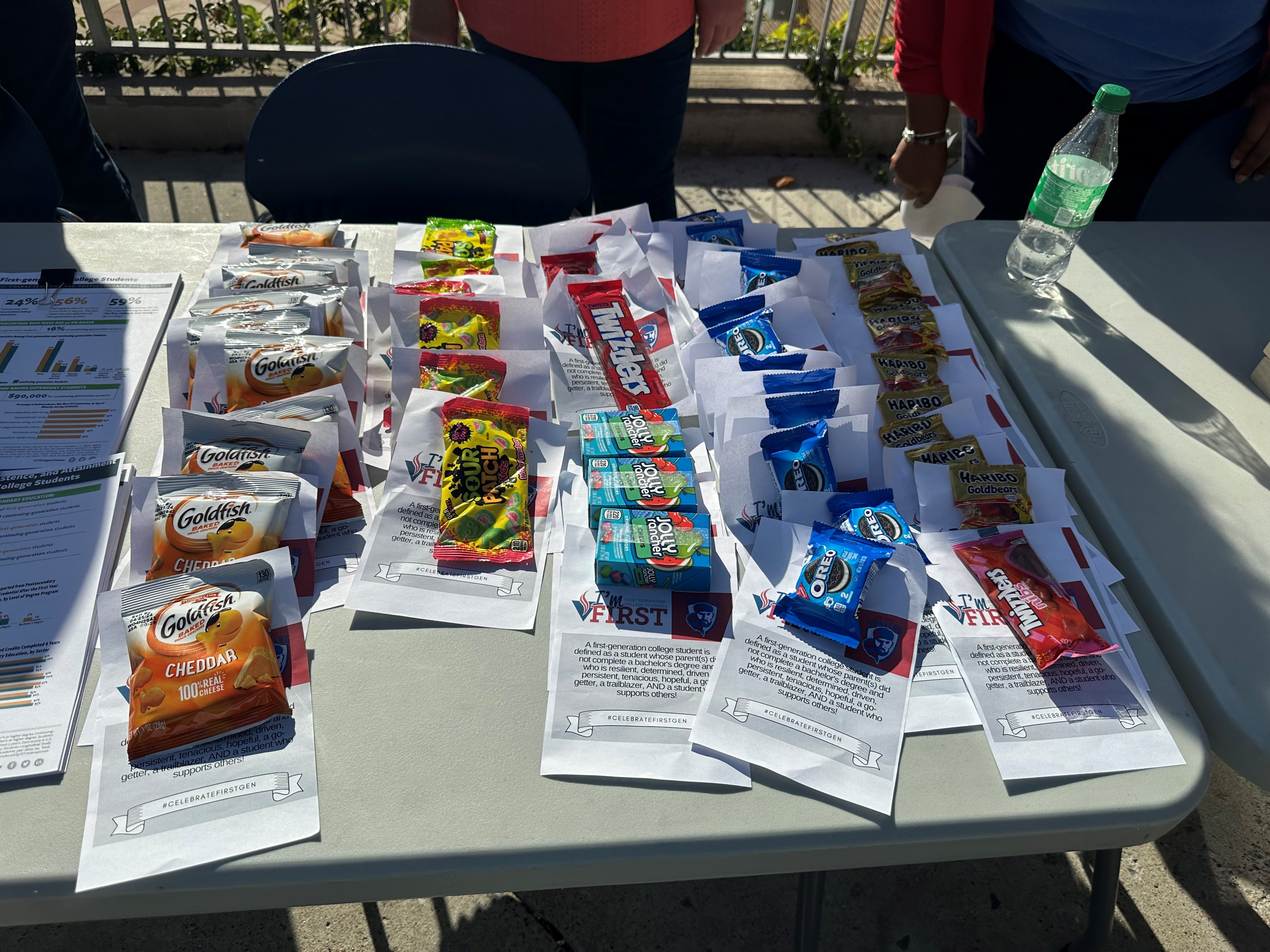 November 8 Celebration!
November 8 Celebration!

Our First-Generation Celebration Day is going well. We have pizza, snacks, First-Generation information, buttons, wrist bands, and decorations set up on each of our four campuses. The only negative is that today has turned out to be very windy! We have regularly been fighting to keep our decorations in place and First-Generation buttons and information from blowing off the tables. The buttons both promote First-Generation students and supporters. Despite the wind, though, it is a sunny day, so we have been pleased with the turnout. Over 150 Vol State students attended the big event.
Definition of a First-Generation Student
We continue to have many discussions on the proper definition of a first-generation student. The traditional definition is a student whose parent(s) did not complete a bachelor’s degree. Should this be adjusted to the completion of an associate degree for a Community College student? Clearly, we will have more students who would be deemed “First-generation” with the bachelor’s degree stipulation. But is that demeaning the value of an associate degree if we do not use that degree as a parameter? Our discussions have been fascinating on this topic and there are varying viewpoints. We are currently leaning, however, to the traditional definition. It not only fits the national definition, but, ultimately, isn’t it a good idea for the highest number of students possible to benefit from this wonderful initiative?
First-Generation College Student Data Discussions
We continue to be amazed by all the data we are uncovering with respect to first-generation students. This information can all be found on the website for the Center for First-Generation Student Success which we have found to be very helpful and informative. We are stunned that 10% more continuing-generation students are enrolled full-time versus first-generation students. Further, to learn that only 6% of first-generation student have completed an advanced-level math course compared to 18% of continuing-generation student convicts us to learn more about the reasons for the disparity. Throw in the fact that among students who graduated with a bachelor’s degree in 2015-2016, an astounding 58% were continuing-generation college graduates and it is evident that we need to provide more support to first-generation students.
To help us in our goal to provide more beneficial support to first-generation students, we polled some first-generation students on what they thought we needed to know as to how to best help them:
1. We are often scared to ask questions.
2. We are unsure how to navigate the college’s eLearn system.
3. We wish there were more “after hours” offerings because of daytime work commitments.
4. Please remember that no one is at home to help us. They may be happy we are in school, but they cannot help us.
We are planning a First-Generation focus group that will meet before the semester ends. We know that it is important for us to learn as much as we can from our students so that we can help them as effectively and efficiently as possible.

